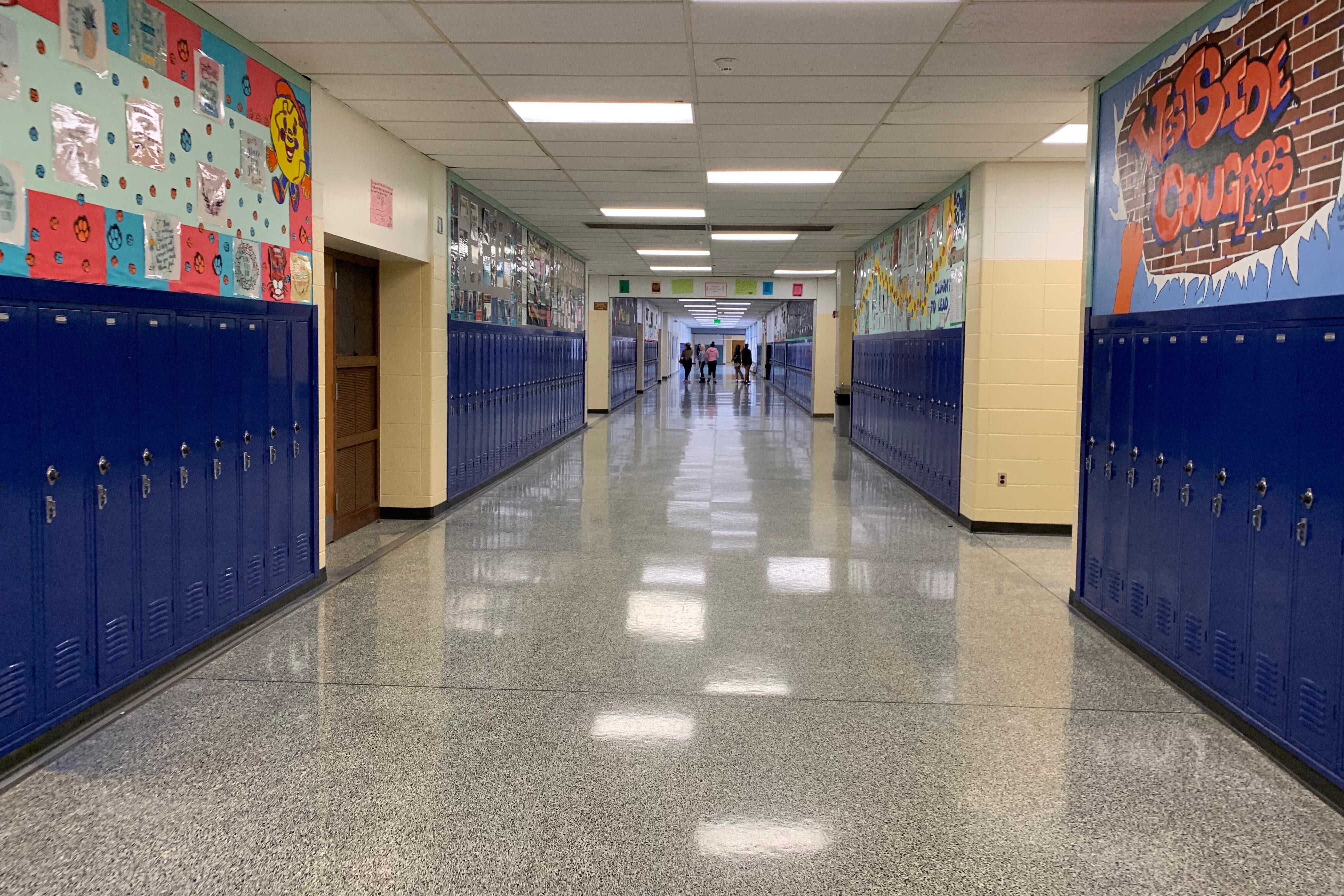Despite concerns about poor academic performance, Gary Community Schools will keep the same emergency management company as the district enters its fourth school year under state takeover.
The state’s Distressed Units Appeals Board, which oversees the takeover, voted Wednesday to move forward with Florida-based MGT Consulting for two more years.
MGT had asked for a three-year extension, saying it could get the troubled district back to local control. But board members said that was too long, given community members’ concerns about a growing “academic crisis.”
“It ensures stability and continuity that each of us has expressed being critical to this endeavor,’’ said board Chairman Justin McAdam. “But I also think it gives MGT time to start to show progress on the academic front.”
The state board will negotiate the new contract, and members seemed to agree it should include more academic-related incentives. The agreement likely won’t include an increase in pay, McAdam said, pointing to the 15% budget cuts to state agencies Gov. Eric Holcomb enacted last month in response to falling state revenues.
Over the past three years, MGT has made deep cuts to stop the district’s chronic overspending and reduce its $100 million debt. Meanwhile, the company has failed to meet academic benchmarks outlined in its contract.
It wasn’t unexpected that the board would continue working with MGT, as the company’s three-year, $6.2 million agreement with the state will end this month. The state couldn’t return the district to the oversight of a locally elected board because a state statute requires the district to post a balanced budget for two years before exiting takeover.
But the Wednesday conversation showed a notable shift toward prioritizing improving student performance, which could set an important precedent for how Indiana handles districts forced to give the state control.
“I see today’s vote as an endorsement of the path we’re on,” Emergency Manager Paige McNulty said in a letter to parents Wednesday. “We have more work to do, particularly academically, and we hope to continue to partner to take on the challenges ahead.”
In 2019, five of the eight schools in Gary received an F rating from the state. Schools statewide saw low scores that year, the first year with the new ILEARN exam. But Gary’s passing percentage was among the lowest, with just 7.8% of students passing both the math and English portions. And West Side’s graduation rate plummeted from almost 90% prior to takeover to 59% in 2019.
Tracy Brown, Indiana Department of Education chief financial officer, was the only board member to vote against the extension. Brown, who was representing State Superintendent Jennifer McCormick, said the department would only support a one-year contract that would allow the state to re-evaluate MGT’s progress sooner.
“We would like to see more improvement in the academic area,” she said.
The board’s other four voting members who approved the two-year contract represent finance-minded entities, although they also expressed concern about the district’s performance.
McAdam suggested the board monitor student performance more closely during its regular meetings, although its typical function is overseeing the spending of financially distressed schools and cities.
“I think we spend a lot of time looking at the financial side in our board meeting,” he said. “I think we need to spend time getting a more complete picture.”
During a presentation in May, MGT Vice President Eric Parish said MGT plans to address the low graduation rate by changing how guidance counselors monitor high schoolers’ progress and improve standardized test performance in part by creating a dashboard for local testing data, so teachers can easily check where students are struggling.
He also pointed to some building blocks the emergency manager has put in place over the past three years, including new textbooks, monthly student assessments, professional development for teachers, and curriculum that aligns with state standards.
Board member Vernon Smith, the House minority leader, raised concerns about whether MGT is equipped to provide a better school experience. Smith, who is not a voting member, also criticized the company for not listening to the community or answering questions.
In response to pressure from community members, McAdam said the state board will implement time for public comment during meetings when members hear updates from the emergency management team.
“It is clear that we are not reaching people perhaps as well as we could be, he said. “Part of that has to be making ourselves available to the community to share concerns directly to us … and get answers as well.”








